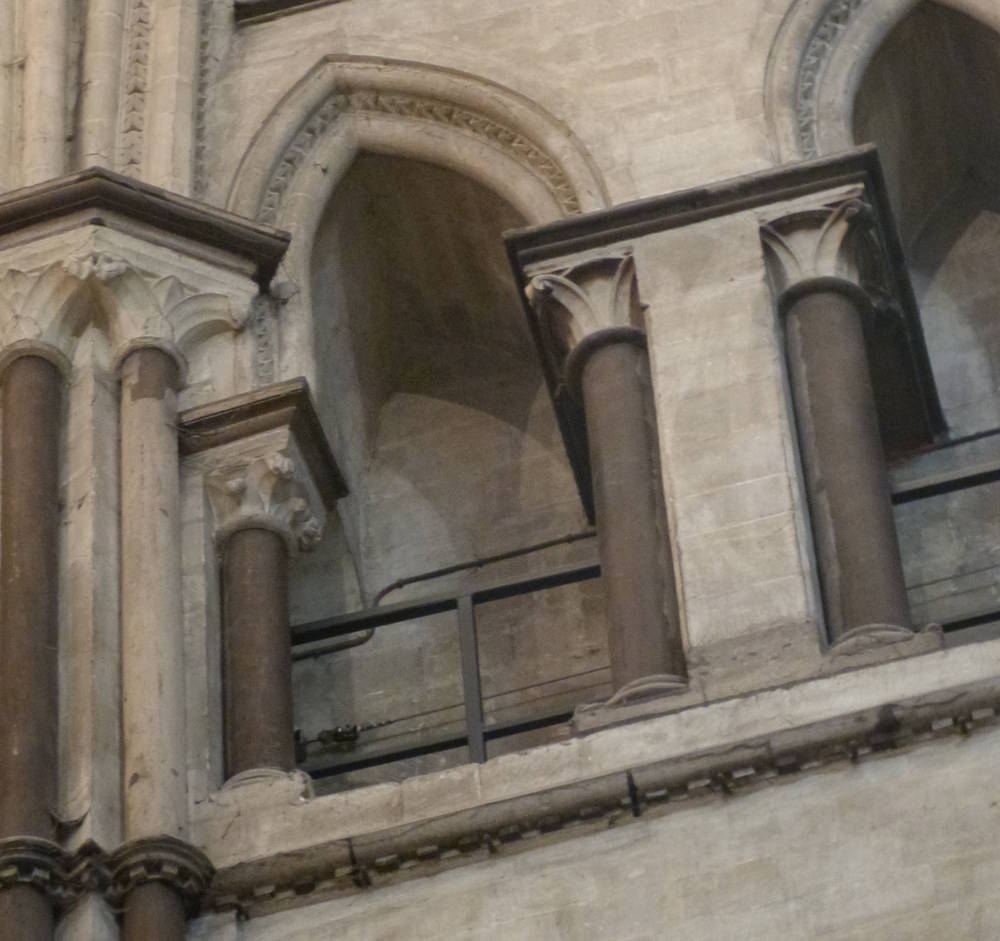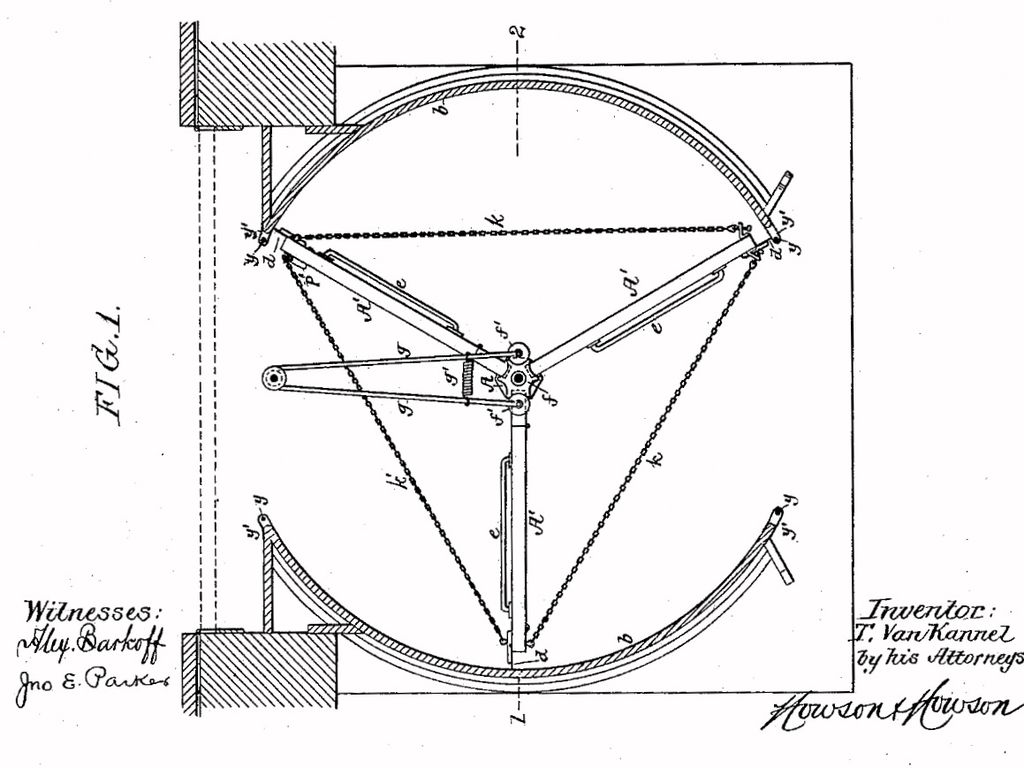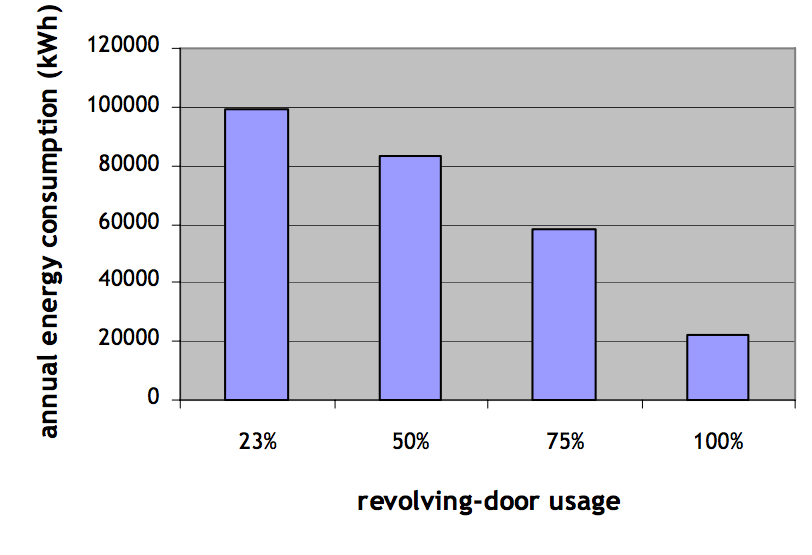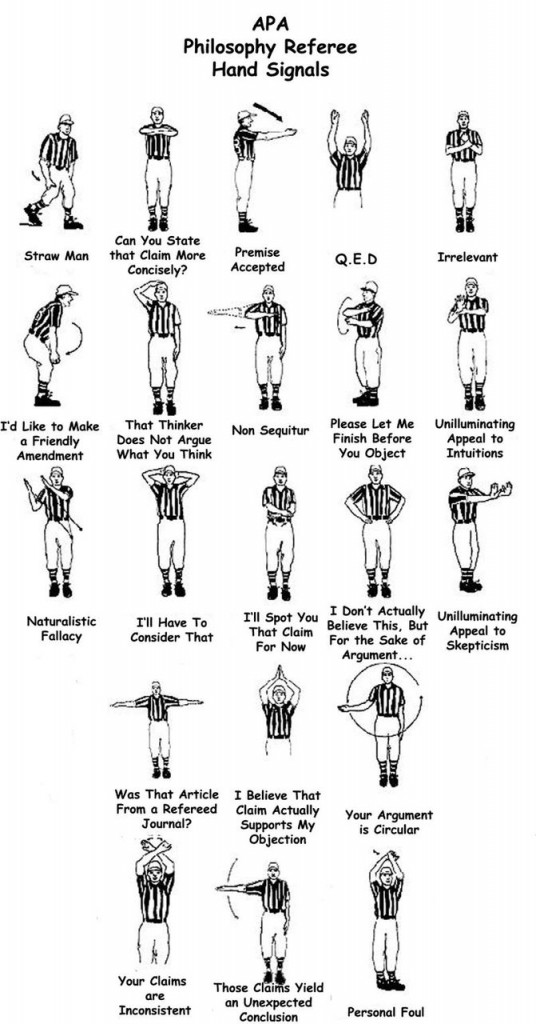Shared posts
Russia to Bulgaria: stop letting artists paint Soviet war heroes to look like The Joker

The Russian foreign ministry is "deeply indignant" that a monument to "Soviet liberator" soldiers in Bulgaria has been painted upon by persons unknown, and has called on the Bulgarian government to take measures to prevent such incidents in the future, reports ITAR-Tass.
This most recent incident, which took place in the Bulgarian town of Lozenets, was only the latest in a string of episodes in which unknown artists have creatively painted Soviet memorials in acts of civil disobedience.
In 2011, the figures on a monument in Sofia were painted to look like Ronald McDonald, Santa Claus, and various figures from the DC and Marvel comic book universes. The words "moving with the times" were written on the base.
SOFIA, BULGARIA - June 17 2011. (Nikolay Doychinov/AFP/Getty Images)
In 2013, the same statue was painted bright pink in commemoration of the 1968 Soviet-led invasion that crushed the Prague Spring democracy movement, and the words "Prague 68" and "Bulgaria Apologizes" were written on the base. (Bulgaria, as a member of the Warsaw Pact, had sent troops.)
SOFIA, BULGARIA - August 21, 2013 (Dimitar Dilkoff/AFP/Getty Images)
Earlier this year, figures on a memorial were painted in the colors of the Polish and Ukrainian flags. The words "Putin go home!" "Crimea 2014" and "Katyn 5.03.1940" were written on the base, references to the Russian annexation of Crimea in March of this year, and the 1940 Katyn massacre, in which Soviet forces massacred approximately 22,000 Polish military officers and other Polish prisoners, then buried them in mass graves in the Katyn forest.
SOFIA, BULGARIA - March 5, 2014 (Nikolay Doychinov/AFP/Getty Images)
SOFIA, BULGARIA - March 5, 2014 (Nikolay Doychinov/AFP/Getty Images)
Although anyone who is not trained in art criticism should obviously hesitate to dissect the subtle message conveyed by decorating a Soviet figure to look like Ronald McDonald, it seems clear that these mysterious painters are drawing a connection between 20th Century Soviet imperialism and perceived Russian imperialism today.
And Russia, by insisting that Soviet soldiers were "liberators," has only managed to suggest that the painters have a point.
True Facts About (Some) Marsupials by Ze Frank
Ze Frank describes a number of ways that some marsupials are extremely strange in his latest video, “True Facts About Marsupials“. Frank covers everything from the odd pouches that they have for protecting their babies to their weird feeding habits.
music by Tom Moore
What Should You Do After Drinking Coffee?
You’re almost done drinking that cup of coffee. Now what?
America's Wikipedia page mentions war a lot. Canada's mentions Quebec.

America's Wikipedia page mentions "war" more than any other word after excluding prepositions and words connected to the country's name, according to a map manually compiled with Word Frequency Counter by Reddit user Amiantedeluxe.
Click to enlarge. (Amiantedeluxe)
One caveat to the map: it doesn't count the possessive version of words. In the US's Wikipedia page, for instance, "world" is actually more common if the word "world's" is counted as well.
Still, the map is a useful guide to some of the topics that dominate each country's history and current events. For example, the word noted on this map for North Korea is "South," while it's "North" for South Korea. With the long-simmering divisions between both countries, that makes sense.
To learn more about North Korea's history, watch the short video below:
British landlord rented room "that could only be entered on all fours"
Poll: most Americans want to make it a crime for children to play without supervision
From eyelids to skin tone, beauty isn't always about 'looking white'
Deracialisation cosmetic surgery troubles our ideas about the natural unaltered body. It also points to a eurocentrism that sees the desire to look white everywhere
After watching Anna Choys documentary on deracialisation cosmetic surgery, Change My Race, I dodged social media for days afterwards because the torrent of pity and fascination from non-Asians was just too much.
The documentary took us along with three women as they underwent double eyelid surgery, breast enlargement, nose and chin reshaping, and also examined skin lightening creams, eyelid tape and other cosmetic practices. It was brave and generous of the participants to talk about their choices, but seeing their stories made me feel like all my bodily neuroses were exposed.
Continue reading...Village People's "YMCA" with faux ambient sound, no music
Fantastic re-edit of the audio in the Village People "YMCA" video to make it music-free. More Muisicless Musicvideos and Silentless Movies by Mario Wienerroither.
Nazi-themed spaghetti removed from menu
"The" in band names

The name of this band is Talking Heads (not The Talking Heads), indeed. At The Atlantic, Dale Eisinger examines the use of "The" in band names.
Fix a Wobbly Table with a Bit of Math
Great mistakes in English medieval architecture

The great cathedrals and palaces of medieval England were designed by people who made it up as they went along, and often discovered midway through a multigenerational project that they'd run out of space for an arch, or designed a building that couldn't hold up its own ceiling.
Read the rest
Do revolving doors actually save energy?
Many big, public buildings have revolving doors at street level. For a lot of people, these doors are a little more annoying to use than normal "swing" doors, leading them to ask the question — are revolving doors really more energy-efficient?
The short answer: yes, they are.
you save about 36 watt hours of energy each time you choose a revolving door
Although there hasn't been a ton of recent research comparing the energy costs of each type of door, the work that has been done is pretty definitive that revolving doors save energy. It varies widely based on the building, climate, and amount of use, but one MIT study found that having everyone use revolving doors on a campus building would save about 1.5 percent of the total energy needed to cool and heat that building annually.
On a single use basis, that works out to about 36 watt hours of energy saved each time you choose revolving over swing doors — the energy needed to run a 60-watt lightbulb for a little over a half hour.
Revolving doors can also be a pain to use: the same study also found that most people avoid them because of the extra effort and time involved. But if you happen to be of the mindset that your personal choices can have some positive impact on the environment, it makes sense to put the use of revolving doors in the same category as, say, recycling — a simple, painless choice that provides modest environmental benefits.
How revolving doors save energy
The revolving door was invented way back in 1881 by a German man named H. Bockhacker as a "door without draft of air." It's basically a series of panels (nowadays, typically four) that rotate to allow people to enter and leave a building without leaving a big opening exposed, which would allow air to rush in or out. Revolving doors still let small pockets of air to escape with each revolution — and older ones with decaying seals allow air to seep out above and below them as well — but on the whole, they permit much less airflow.

An illustration from the original American patent for a revolving door. (Theophilus van Kannel)
Although several experiments measuring just how much energy is saved were done historically, the only recent one conducted on modern revolving doors was the 2006 MIT study. As part of it, engineers calculated how much air flowed out of the revolving doors of one particular building on campus, and compared it to airflow from the building's conventional doors.
A single pass through the swing doors, it turned out, allowed about eight times more air to flow in or out of the building than a pass through the revolving doors. The ultimate energy cost of heating and cooling this air this varies widely by season, but the researchers calculated that if every single person who used the building over the course of a year entered and left through the revolving doors, it'd save nearly 80,000 kilowatt-hours of energy, compared to the current usage (in which about 23 percent of people use them).
if everyone used the revolving door, it'd save about 1.5 percent of the energy used to heat and cool the building
This equals about 1.5 percent of the total energy used to heat and cool the building. These savings, they calculated, would lead to a 14.6 ton reduction in carbon dioxide emitted. For reference, the average American emits about 17.6 tons annually across all his or her activities.
Of course, all these energy savings would be distributed across the thousands of people who use this large building over the course of a whole year. So how much energy can you save by a single use of the revolving doors, versus a push of the swing doors?
It's hard to say exactly, but with a few calculations*, we can roughly estimate that each revolving door use saves about 36.54 watt hours of energy. (This, in other words, is the energy needed to power an incandescent 60 watt lightbulb for a little over a half hour.) For comparison, recycling a single glass bottle saves about 400 watt hours of energy.
So using revolving doors might not be a hugely impactful choice that can prevent climate change, but it is a modest, positive step that can slightly reduce your carbon footprint over the course of time. Although they don't really have this sort of association, we should think of revolving doors as an environmentally-friendly decision, roughly akin to recycling.
But people don't like to use revolving doors
The same study also looked closely at the door preferences of people across the MIT campus — and found that, on the whole, people prefer swing doors over revolving ones.
It varied widely from building to building, but for most of them, fewer than 30 percent of people used revolving doors, opting for swing doors right next to them. When asked why, most people cited the extra effort needed to push the revolving doors.

With standard setups, most people opt for the swing doors. (Cullum et al. 2006)
However, when people approached entrances for which the swing doors were tucked away — so they were basically just confronted with a revolving door, unless they looked hard for another option — habits were different.
The two buildings pictured below had revolving door use rates way up above 70 percent. Similarly, we're also much more likely to use a revolving door if we see a person in front of us use it first. In our door choices, the researchers found, we're largely creatures of habit, unconsciously choosing the obvious option

"Hidden" swing doors encourage far higher rates of revolving door use. (Cullum et al. 2006)
But the researchers also found that simple interventions that forced people to think consciously could make a big difference. Signs that reminded people to use the revolving doors to save energy — and were large enough to see from far away, so people could consciously consider the idea — roughly doubled revolving door use.
We're willing to use revolving doors, it seems, if we think it'll save energy. But most of us don't realize this is the case — or, at least, don't consciously think about it during our day.
*Calculations:
— Extrapolating from the researchers' calculations, we can roughly estimate that zero percent use of the revolving doors would require somewhere around 120,000 kWh of energy to heat and cool the air that escapes from the swing doors. 100 percent use of the revolving doors would still require about 22,000 kWh of energy for the same purpose. So a complete shift from one type of door to the other would save 98,000 kWh of energy annually.
— The researchers also counted 837 passages per hour into the building, and their calculations assumed the building was open for 9 hours per day, 365 days per year, so that's a total of 2,749,545 passages.
— That means each individual passage saves 0.03564227377 kWh of energy, or 35.64 watt hours.
Experience: I can't wake up in the morning
Ever since I was seven years old, my body clock has been set to "nocturnal". I'm happiest if I go to bed at 3am and wake up naturally at 12.30pm. If I try to go to sleep any earlier, I just lie awake, not remotely sleepy and only drop off when I reach my natural bedtime in the small hours. If I try to get up any earlier, it's not a matter of being "a bit tired"; I am barely able to function. I feel groggy, find it hard to concentrate and develop flu-like symptoms of aching joints and a pounding head. Having a nap brings temporary relief, but I'm back to square one the next night.
This caused enormous problems at school: I was getting less than half the 12 hours of sleep I needed and I would wander around in a daze, not taking anything in. In my fog of exhaustion, I found the classroom noise overwhelming. Soon I dreaded mornings and started having panic attacks. Eventually I refused to go to school altogether and my mum got hauled up before the head teacher. She was blamed for not being stricter about bedtimes, but in reality there was nothing she could have done. I used to creep down at night to watch television and read. My mum would get annoyed but she knew as well as me that there was no point trying to sleep because she had the same problem, never rising before 11am. This was fine for her as she is a painter and can work her own hours.
Continue reading...Philosophy Referee Hand Signals
The next time you’re presiding over an intense philosophical debate, feel free to use these hand signals to referee things. Devised by philosophy prof Landon Schurtz, these hand signals were jokingly meant to be used at APA (American Philosophy Association) conferences. Personally, I think they would have made a great addition to the famous Monty Python soccer match where the Germans (Kant, Nietzsche & Marx) played the indomitable Ancient Greeks (Aristotle, Plato & Archimedes). Imagine Confucius, the referee, whirling his hand in a circle and penalizing Wittgenstein for making a circular argument. Priceless.
Related Content:
The Monty Python Philosophy Football Match: The Greeks v. the Germans
Download 100 Free Philosophy Courses and Start Living the Examined Life
Philosophy Referee Hand Signals is a post from: Open Culture. Follow us on Facebook, Twitter, and Google Plus, or get our Daily Email. And don't miss our big collections of Free Online Courses, Free Online Movies, Free eBooks, Free Audio Books, Free Foreign Language Lessons, and MOOCs.
The post Philosophy Referee Hand Signals appeared first on Open Culture.
This Infographic Breaks Down the Most Common Travel Scams by Country
Keeping yourself, your money, and your possessions safe during travel is important, but can sometimes be difficult due to scams. This can be especially daunting when you stick out as a tourist, making you an easy mark to spot for local tricksters.
Tips For Being An Unarmed Black Teen
Crayfish Can Turn Ordinary Blood Cells Into Neurons

Whatever you happen to call them—crawfish, crawdads, mudbugs—crayfish are pretty tasty. They also have a pretty remarkable ability to regenerate neurons from blood cells. Understanding brain regeneration in these little crustaceans might one day help us understand how it could work in humans.
WATCH: 10-year-old blind kid from Quebec is a self-taught blues guitarist
Wow!
Songs That Make Slate Nostalgic
As membership grows, we’re reprinting some of Slate Plus’s greatest hits. This article was originally published on August 13, 2014.
Biology student in Colombia faces jail for reposting scholarly article

Columbia's draconian copyright law (passed after US pressure) provides for prison sentences for simple copyright infringement; Diego Gomez, a biodiversity conservation Master's candidate at University of Quindío shared a paper related to his fieldwork, and the paper's author has brought a prosecution against him.
Read the rest
Hawaii's 'Aloha shirts' have Japanese roots

"Hawaiian businessmen today wear aloha shirts even on formal occasions. Though the colorful summer shirts are popular worldwide, they have Japan roots," reports Nikkei Asian Review. Read the rest
Pourquoi vous devriez dormir avec un pied en dehors de la couette
Use an Alternative Keyboard Layout on a Mac Login Screen for Security
Robin Williams (1951-2014) Comedian, Actor and Performer Extraordinaire
Robin Williams, the effervescent comedian who rose to fame as the lovable alien Mork from Ork, was found dead in his Tiburon, California home. Police are currently investigating the cause of death, but suicide is suspected. Mr. Williams had been battling severe depression as of late and had struggled with alcohol abuse in the past.
Mr. Williams was a very funny man who had proven that his talent for comedy was only matched by his talent for acting. He won an Oscar for his role in the film Good Will Hunting and was nominated for his roles in Good Morning Vietnam, Awakenings and Dead Poet’s Society, to just name a few. He recently found his way back to television in the CBS series The Crazy Ones.
O’Captain, my Captain. You will be sorely missed.
image via Wikipedia

 (
(


